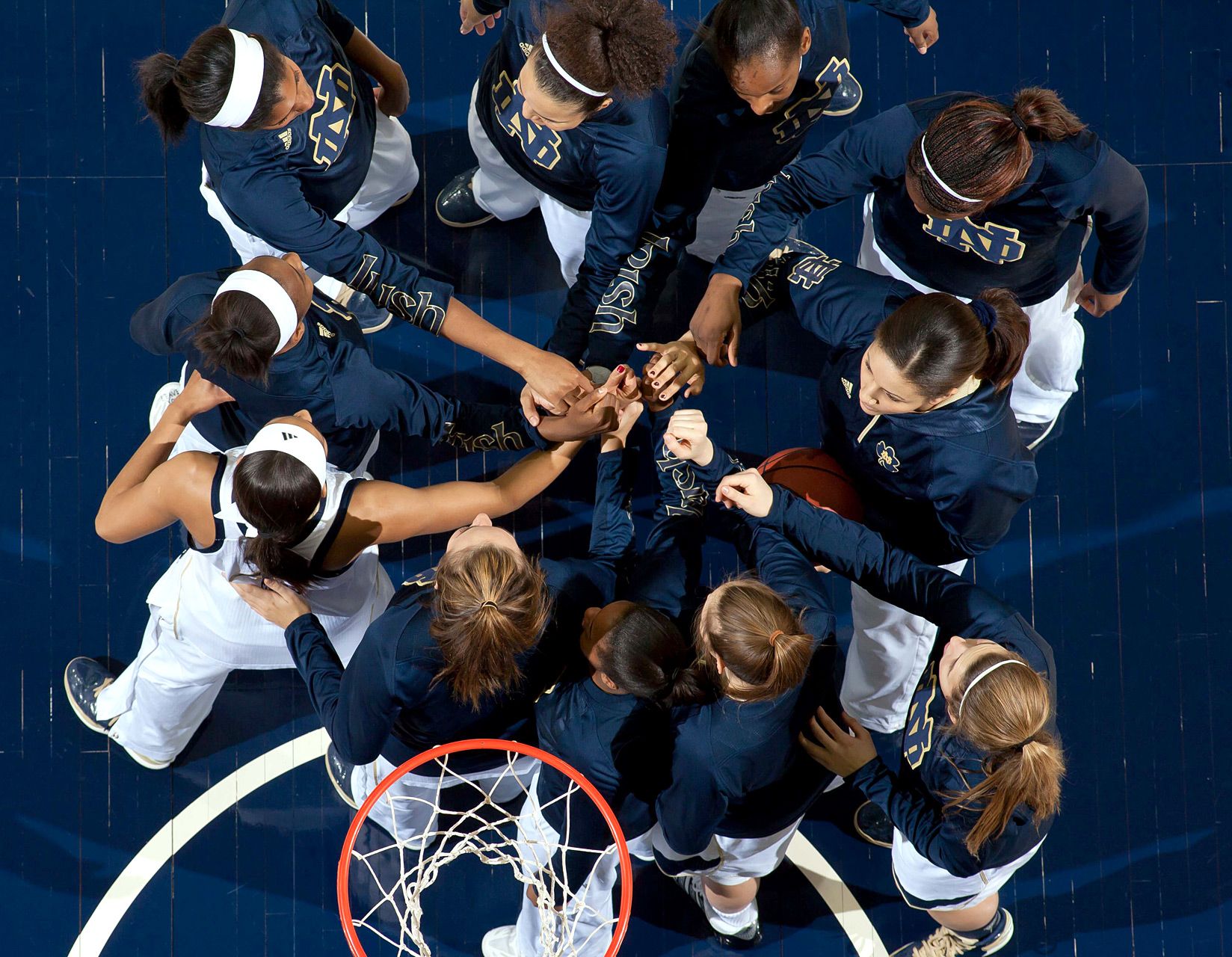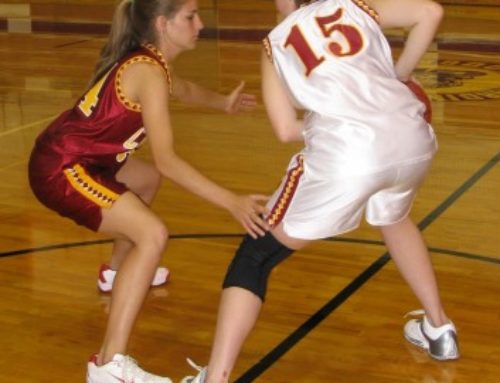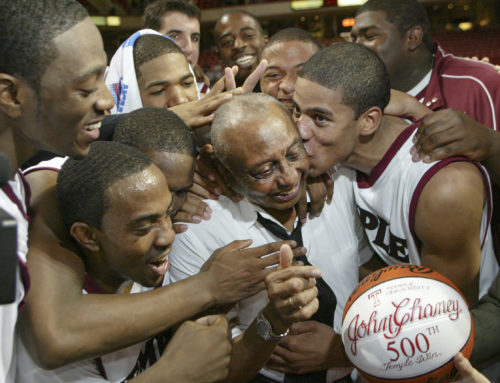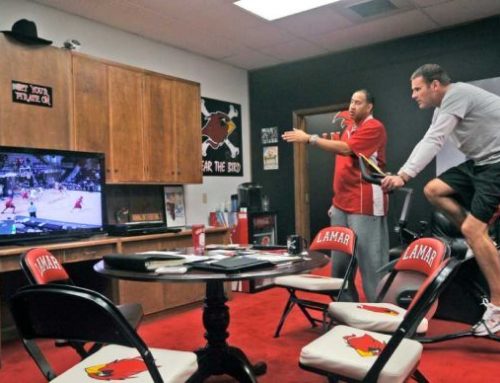It is a dangerous assumption to think that the best teams are the ones that have the most talent. Yes sure, the team needs players that know how to play the game in order to be successful. But as the level of basketball gets higher, every team is loaded with players that have a lot of experience playing basketball. So what determines how good a team is going to be then? One of the most important factors is how good the team chemistry is, as the relationships within the team greatly affect the team’s success. Physical advantages and skill don’t matter if the player isn’t motivated to use them. By building the right kind of team chemistry, coaches can create an environment in which every player is ready to give their maximum for the team.
While it sounds easy, building chemistry can be even harder than teaching players the game of basketball. The sport is the same for everyone, whatever the way a coach wants to approach it, but relationships between players and coaches are complex as they are based on individual personalities and how they fit together. That’s why a coach needs to be a good pedagogue. It is crucial for him/her to know their players very well and know how to get through to them. That way, they are able to build a relationship with mutual trust which creates an environment in which a player is comfortable in.
Before they get a chance of managing personalities, coaches also need to consider the personality of the player before he comes into the program, and determine whether or not he/she is the right fit for the team. Again the most talented ones don’t necessarily present a good solution. When talking to a player they are targeting, good coaches assess what kind of a person they are first before they move on to basketball related stuff. It is much more important to know whether a player is hard-working, honest, and humble or selfish, lazy, and arrogant. The best teams have players who are able to accept criticism, fix their mistakes, and analyze the game with their brain as much as their bodies. Not only do these kind of players save a lot of time for coaches, but they are a joy to play with and can spread their attitude towards the whole team. Just ask 8-time NBA champion, Steve Kerr.
But what can you do to improve team chemistry? There are certain things you can do to bond with your team. For starters, it is very important to know that players will look at coaches as leaders so their behavior is very important. A coach needs to reflect positivity and the players will follow, creating a positive environment for everybody. This environment doesn’t have to be created only for the gym. In fact, it is built more off the court than on the court. That’s why it is important for teams to do stuff outside basketball like team dinners or going on hikes. It will lead to teammates getting to know each other better and is an opportunity to see the coach as a person, and not as someone who yells all the time. This approach is usually the most effective if the activity promotes cooperation, so it can range from doing community service to playing paintball. Ultimately, the goal is to feel a part of something for which a player will give extra effort.
As a coach, you are the one that has most control of the team dynamics. That’s why it is very important in which way you are addressing certain players. A coach should treat all the players the same, even though some are better players than others. Preferential treatment leads to conflict. Conflict leads to anger, anger leads to hate, hate leads to… well you get the picture. 🙂 Don’t be afraid to hold all your players accountable in the same way, as it will create a sense of unity between the players. However, it is important to identify some distinctions based on the ability to play basketball. You can’t be having your worst player shoot the most shots and vice versa. It is crucial for team chemistry and team success to clearly define the roles for everybody on the team. With everybody knowing their role, the players can focus on what they have to do instead of trying to do everything. Even if there is a danger of somebody not liking their role (it is very popular in junior sports to think you are better than you are), the team will run more smoothly. These techniques work the best when the personnel is as described above, as these players will understand what you are trying to do and put effort in it. The better the team chemistry, the better the basketball team!





